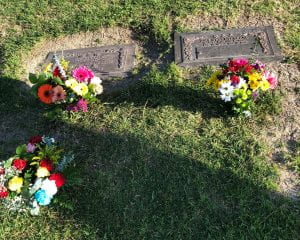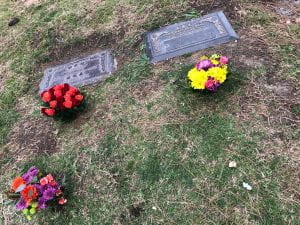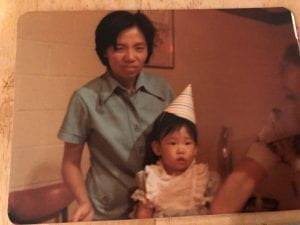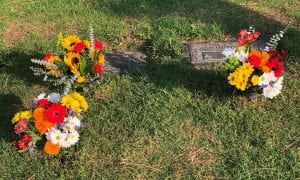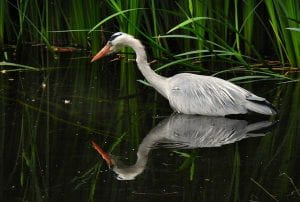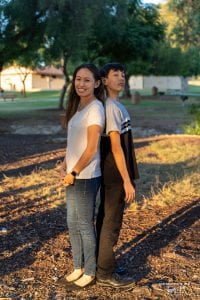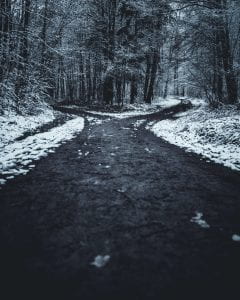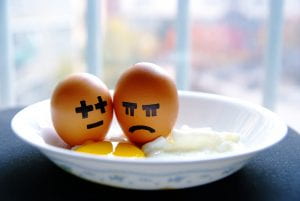What I want this Mother’s Day weekend:
1) To visit the gravesite of my Mommy, Ayee & Amah
2) To celebrate my daughter who turns 6 on Sunday
3) For my sister to be reunited with her mother
4) To honor my humanity in all of this— Dr. Betina Hsieh 謝原真 (@ProfHsieh) May 5, 2021
Whew. Grief. It comes for you out of nowhere sometimes, or maybe from everywhere.
On a morning when you have a three hour professional learning session to give.
At the end of a week you weren’t sure you’d make it through.
At the start of a weekend that simultaneously holds so much longing, hope and joy.
I am grieving this morning, as I do almost every May when Mother’s Day approaches, and particularly in the last 6 years because my daughter’s birthday is around Mother’s Day.
When I had my daughter, I most felt the depth of the loss of my mother. And my mother’s mother. And being near family.
There is profound loss alongside profound hope every Mother’s Day weekend for me, but especially since then.
My daughter is the continuation of a maternal line of strong women, of those who resisted, in ways seen and unseen, what society said that they could do.
But she also could be the continuation of a maternal line that suppressed so much rage and denied themselves the love they so freely gave to others.
I am the continuation of both those lines, embracing our legacy of resistance and trying to allow myself to feel the rage I carry that my mother, aunt and grandmother did not feel safe to express because of the consequences that might come to them or their families, trying to allow myself to acknowledge that I deserve better, that they deserved better, that my daughter deserves better.
This Mother’s Day has added complexity as I wait for news of my sister, a sister with a shared father but another mother and maternal line, who I have never met in person, but who I hold dearly, and who brings her own stories that I do not know yet. I know, though, that she holds stories of resistance, and that she has courage similar to my own mother’s in seeking to begin life anew in a country that is not her own among people that are not hers, not yet, but who I hope will be. We will hold her close. First though, I hope her mother can hold her close.
But in addition to all of this, Mother’s Day begin in May which is also Asian Pacific American Heritage Month causes me, today, to pause. It is another layer of loss for me.
As a second generation Asian American, I mourn how quickly I’ve lost connection with my Taiwanese roots.
I struggle to reclaim some of those ties to my maternal line and their histories so that I can share them with my daughter.
My mother, having died when I was an adolescent, before I had the wisdom to embrace her wisdom, and her mother having transitioned before her, left me untethered to their histories. Now, I want to reconstruct these ephemeral moments that seem to be blown into the wind, transcribed in short notes, in script I still can’t read, with my cursory Chinese language skills.
I feel the loss so deeply within me.
There are layers of loss, layers of grief, layers of anger, layers of exhaustion.
There are also layers of resistance, layers of hope, layers of a future that is not begotten by the limitations of our past.
They are both there, these layers, waiting to be acknowledged, waiting to be embraced, waiting for me when I least expect them.
For when I am most lost, then they will find me, and enrobe me in all of the complicated layers that make up this life.

